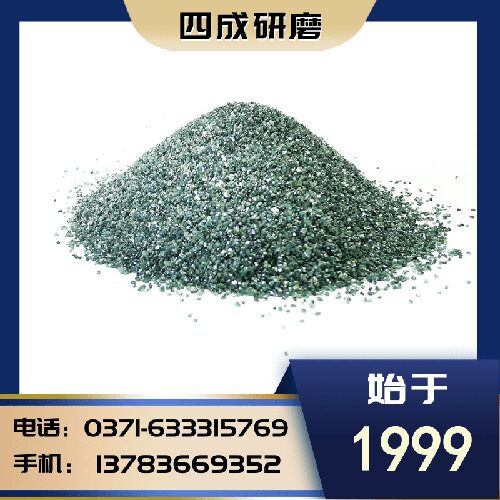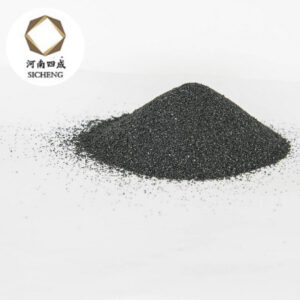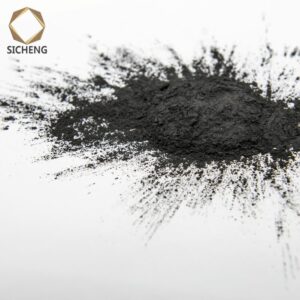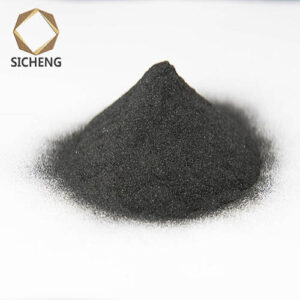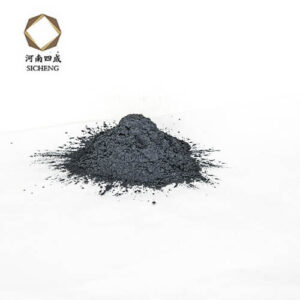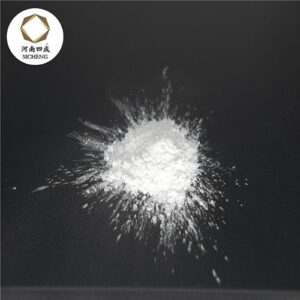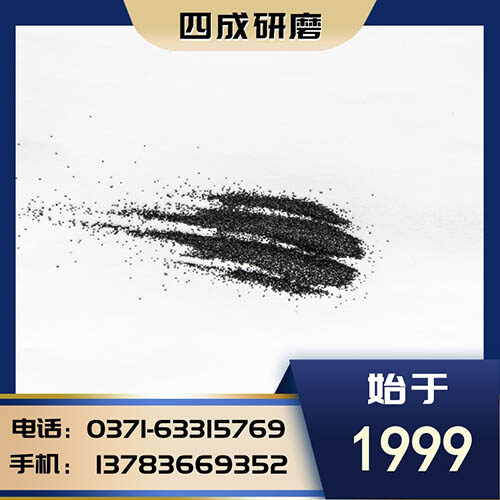Industrial silicon carbide is a semiconductor whose electrical conductivity varies with the type and amount of impurities introduced into the crystal, and its resistivity is between 10Ω·cm. Among them, the impurities that have the greatest impact on the conductivity of green silicon carbide are aluminum, nitrogen and boron, and the conductivity of green silicon carbide containing more aluminum increases significantly.
The conductivity of green silicon carbide increases rapidly with the increase of electric field strength, and has the characteristics of nonlinear change.
The resistivity of green silicon carbide changes with temperature, but it is opposite to the resistance temperature characteristic of metal in a certain temperature range.
1. High-purity, large-crystal silicon carbide raw materials ensure the excellent cutting performance and stable physical state of silicon carbide cutting powder; 2. The
particle size and shape are equal in size and have a blade edge, which ensures the balance of silicon carbide powder as a cutting blade Self-sharpening, so as to ensure the minimum TTV of the material to be cut;
3. Concentrated and uniform particle size distribution;
4. High thermal shock stability and load softening temperature, which ensures a small linear expansion coefficient during load cutting, So as to ensure the stability of cutting; and can have a good adaptability to the cutting machine;
5. The surface has been specially treated, the micro powder has a large specific surface area and a clean appearance, and has good compatibility with cutting fluids such as polyethylene glycol Practical matching;
some customers have also done such an experiment:
when producing filter elements, add green silicon carbide 46# 60#80# and black silicon carbide 46#60#80# to do a comparative experiment to explore green silicon carbide and black silicon carbide Conductivity of silicon carbide.
Experimental results prove that green silicon carbide 60# has the best electrical conductivity when producing filter elements. Other models of silicon carbide have almost none.
